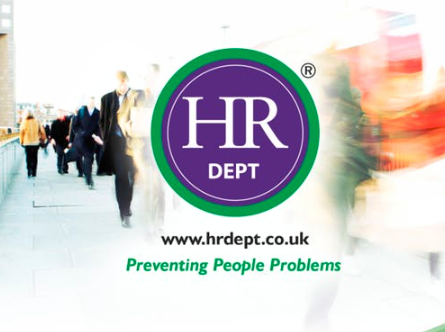It’s been a long, dark winter but there is finally reason to feel hopeful. The lockdown and UK’s vaccination programme have proved highly effective. Infection and death rates have plummeted, allowing the government to begin easing our third (and hopefully final) lockdown.
The latest major milestone occurred on 12th April with the reopening of non-essential shops and select other services such as hairdressers and limited outdoor hospitality. As well as providing the chance for a much-needed haircut, it meant a return to work for thousands of people employed in the retail and hospitality sectors.
A lot has changed in the last three months. So as you reopen, here are a few things to consider to ensure you are using all the latest health and safety tools available.
Rapid COVID testing
One of the major advances since the last lockdown has been the introduction of rapid COVID testing for workplaces. This allows companies who cannot offer on-site testing to provide take-home tests for their employees. Any business with ten employees or more was given a chance to register, and over 60,000 signed up.
If you have signed up for rapid testing, encourage employees to test themselves regularly. Any employee who tests positive should self-isolate for ten days. If you are storing the results electronically, remember that this must be done in a GDPR-compliant way.
If you have not signed up for rapid testing, be sure that you clearly communicate the COVID symptoms your employees should watch out for and what they should do if they or their household display any of them. Anyone showing symptoms should be sent home and instructed to order their own test through the gov.uk website. Once again, anyone who tests positive should self-isolate for ten days.
Vaccination
Since we entered the third lockdown, the vaccination programme has been rolled out extensively. At the time of writing, more than 32 million people have now received their first dose, and eight million have been fully vaccinated. In light of the vaccination programme, consider the following:
- You will need to adjust your risk assessments to reflect the impact of employee vaccination. The assessment should include alternative safety measures for those who haven’t been vaccinated.
- You should be mindful of employees who can’t be vaccinated for medical or religious reasons. If necessary, you should make special provisions to keep them safe, as you still bear legal responsibility. This could include altering shift patterns so that unvaccinated employees only work alongside those who have been vaccinated, or remain working remotely.
- While you can’t force employees to get vaccinated, you should encourage them to unless there are robust reasons for not doing so. This could include providing information on the benefits of vaccines and challenging false assumptions around vaccine safety.
There are currently no rules making “Vaccine Passports” mandatory when visiting shops or restaurants, but this may change, so keep that in mind.
Test and Trace
Test and Trace remains a cornerstone of the government’s COVID-19 strategy. In fact, hospitality businesses will need to collect even more data than before.
Pubs and restaurants must now collect contact details for every customer over the age of 16. The easiest way to do this is to ask customers to “check in” via the NHS Test and Trace app. However, you must also provide an alternative option for those without smartphones. Customer data should be stored for 21 days and shared with the Test and Trace team if requested.
Ventilation
Proper ventilation of indoor spaces has become a key aspect of COVID safety. Consider the following to enhance ventilation:
- Improve natural ventilation by opening windows and doors.
- If you are using a mechanical ventilation system, make sure that it is bringing in sufficient fresh air rather than recirculating the same air.
- Do not use desk or ceiling fans in poorly ventilated areas as this can increase the spread of the virus.
Consider extending the operation of ventilation systems so that they begin working before you open and continue working after you close. For environmental reasons, this should only be done in moderation.
To capitalise on the gains that have been made against coronavirus, all businesses must ensure their COVID-safety remains up to date. If you have any questions about COVID-safety in the workplace, don’t hesitate to give us a call.
Sandhya Iyer
Director
Tel: 01892 629 669
Email: Sandhya.Iyer@hrdept.co.uk
Web: hrdept.co.uk

